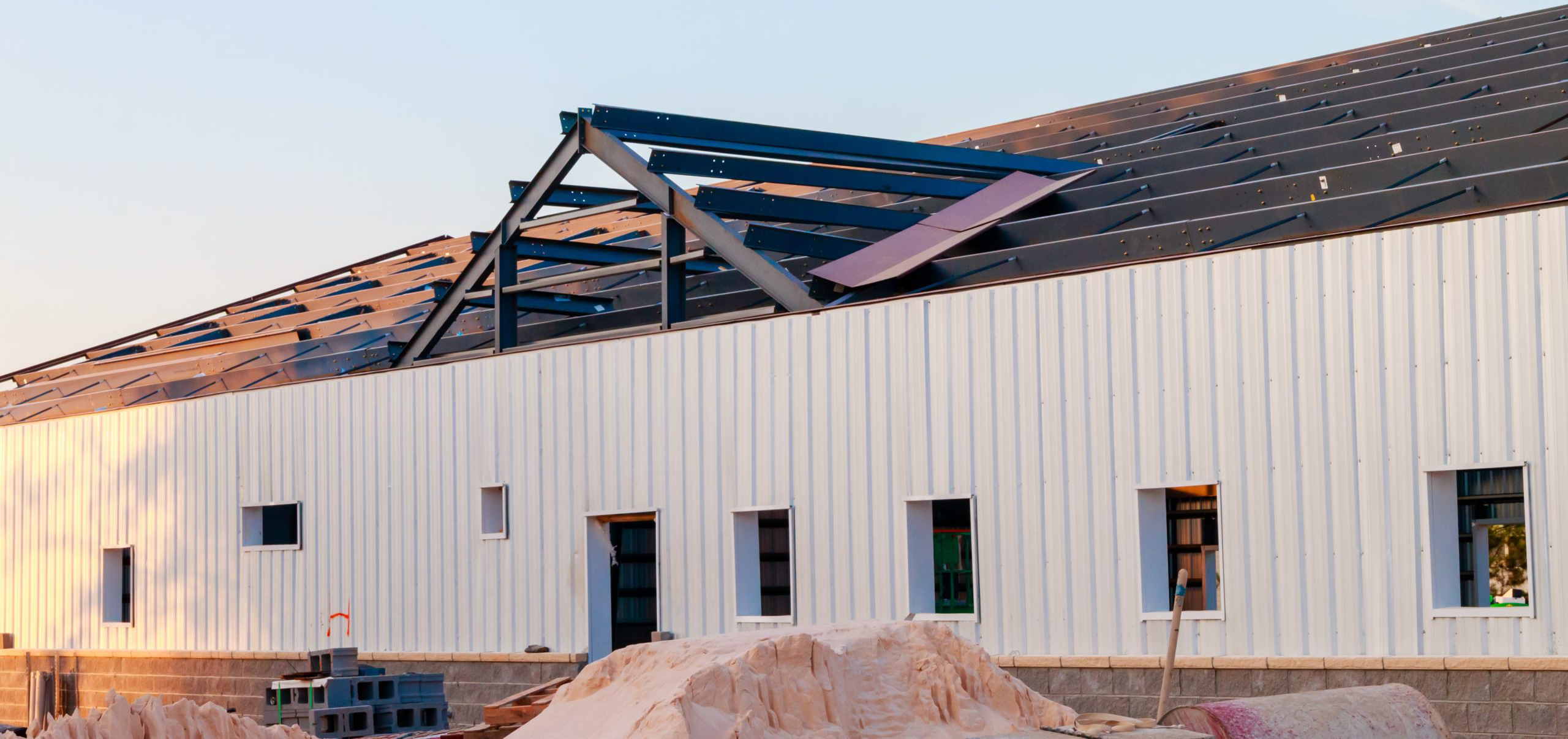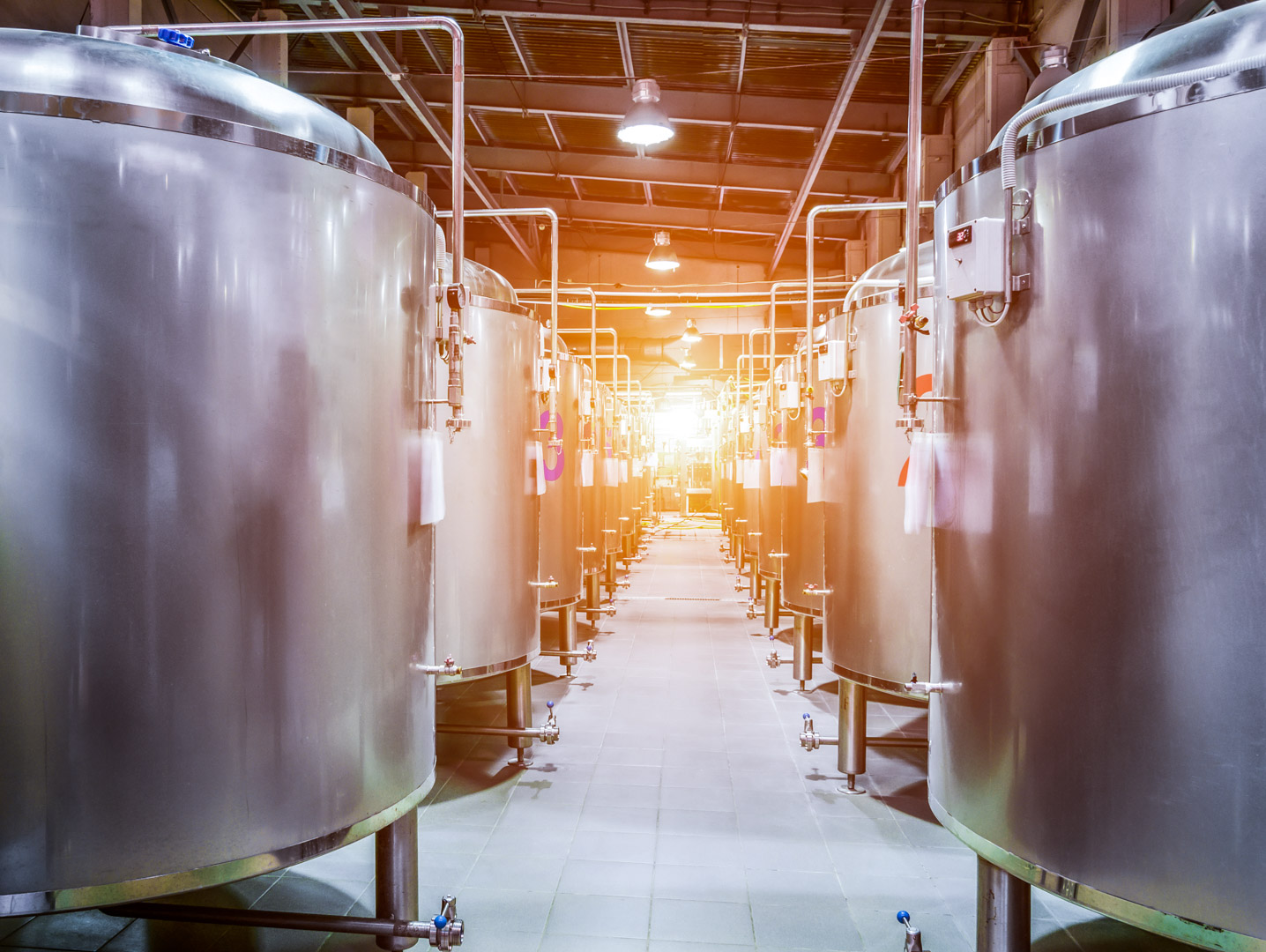
How To Start A microbrewery

Welcome to the golden age of craft beer. Gone are the days of unique brews being exclusively poured by hipsters who heard about this beer before beer was ‘cool.’ Craft beer is for everyone to enjoy! In 2017, craft beer sales in the US topped $26 billion. And this burgeoning industry is yours for the taking if you’re willing to put in the work. With a respect for the craft and a little elbow grease, anyone can enter the ever-expanding world of microbrewery ownership.
What is a microbrewery?
Before you go telling people, “I’m opening my own microbrewery,” let’s make sure your operation fits the bill. Large scale operations such as mainstream beer brands qualify as macrobreweries. A microbrewery is simply one step below, producing and distributing less than 6 million barrels of beer per year.
The most common misconception in the beer world is that anything under 6 million barrels qualifies as a microbrewery. Your operation may fit under the category of nanobrewery, or even a home brewery. Here’s the difference:
- Macrobrewery: producing/distributing over 6 million barrels per year
- Microbrewery: producing/distributing less than 6 million barrels per year
- Nanobrewery: producing/distributing less than 200 gallons of beer per year
- Home brewery: produces non-distributed home-brews
Licenses and Permits for Microbreweries
Why does it matter which scale you fall under? The amount of beer your produce, serve on-site, and distribute will determine which licenses and permits you’ll need. To get started, you’ll need to apply for a federal brewing permit with the Alcohol and Tobacco Tax and Trade Bureau. Sounds complicated, right? The application itself is not difficult to complete but may take up to several months to process. Get started on the TTB application now so that a representative can approve your brewing equipment as soon as possible.
This permit only covers your ability to brew beer on the premises. For everything else, there are more licenses and permits to consider. Creating a tap room in your microbrewery is a great way to generate publicity and additional profits on top of those made from distribution. This will require both state and local liquor licenses. Are you planning on selling your own merchandise as well? BOOM. Another permit. If you’re planning to open your own microbrewery, you better brush up on your bookkeeping skills. Stay on top of keeping these permits active, and talk to an experienced lawyer to make sure you’re well covered with all the necessary insurance policies. Brewing beer is an expensive practice. Keeping all your legal bases covered will ensure that you avoid costly fines and stay in operation uninterrupted.
Should you know how to make beer before you start a microbrewery?
In a word, yes. If you’re here looking for insight into the business end of microbrewing, this section might not be for you. But if this is your first time diving into the microbrew world, or if you don’t have a partner with a deep understanding and respect for a good home-brew, pay close attention. Nowadays, you can learn how to do just about anything on the internet. But there’s a big difference between knowing how to use Google and knowing how to brew good beer.
- Step: Gain an in-depth understanding of how to make beer.
- Step: Hone in on your craft – craft beer, that is.
There is no shame in using online resources and books to start developing your knowledge of brewing. If you’d learn better working under a professional, there are brewing schools and beer education programs across the country.
It always helps to have a mentor, especially after your initial education. Roadblocks and mistakes will arise well into your first years as a microbrewery owner. Knowing an experienced industry professional who is willing to share advice will help you overcome those obstacles more efficiently. They can also lend you a healthy dose of reality when it comes to your first (and second and third) brew. Brutal honesty will be your best asset when finding your microbrew sweet spot.
And that’ll bring you to step two – it’s time to find your niche! Once you understand how to brew beer, you can begin experimenting and getting your unique beer recipes down to a science. Not only do you want to develop your own unique taste, but you need to create a consistent brew every time.
Find a home for your microbrew operation
When you dream about the future of your microbrewery, you probably have big plans. But the reality is that your operation will more than likely start off small. Your best bet is to build a microbrew workspace that can adapt and change as your operation grows.
Start by housing the essential equipment for opening and operating a microbrewery. The equipment you need may change depending on your specific brew, whether you plan on crafting a signature lager or seasonal beers. Find a manufacturer that suits your needs, including individual pieces of equipment or a complete turnkey system. Your entire operation should have:
- Brewing kettles
- Boilers
- Bottling supplies
- Piping, tubing, and brew pumps
- Fermentation Tanks
- Storage Tanks
- Cooling systems
Remember the handy guide to brewery sizes at the beginning of the article? This isn’t your dad’s garage home-brew. You’ll need an appropriate location and building to start a legitimate microbrewery. Traditional zoning laws have lumped breweries into the same category as manufacturing businesses. You’ll want to find an appropriately zoned property that can also serve as an attractive destination, especially if you plan on opening a taproom in the front of your microbrewery.
Why do prefabricated steel structures make the best microbreweries?
With a quick once over of the equipment list above, it’s easy to see that starting a microbrewery is pretty cost-intensive. But you can’t compromise on equipment. Choosing a steel structure for your brewery is the best way to cut down on costs without sacrificing quality.
A metal building frame is strong and durable, built to withstand rust, mold, pests, and weather conditions. But there’s no reason why your brewery has to look like it’s made of steel. Coatings and textured panels easily turn an industrial building into a welcoming space for customers.
Prefabricated metal buildings are your best bet for creating a fully customized microbrewery without tacking on extra construction time. With off-site custom design, quick fabrication, and a short timeline for new builds, it’s easier than ever to get brewing. All you need to do is create a list of specifications for your brewery. A metal structure allows you to start small with a simple, open concept brew space. But take into account any additions that you may want to make in the future. Flexible wall panels, roll up doors, and lean-to additions make it easy to create new spaces, such as a retail store, outdoor seating, waiting areas, and storage facilities.
For more information on Prefabricated Buildings, CLICK HERE or give us a call 888-783-3535.
You can also reach us on Twitter at @coastalsteel.
Also, don’t forget to subscribe, share and comment!
Follow us on:
LETS WORK TOGETHER ON YOUR DREAMS!
Are you ready to start your steel building journey? Request a quote today and speak to one of our experienced team members to set you up for success and make your vision a reality!
GET A QUOTE
